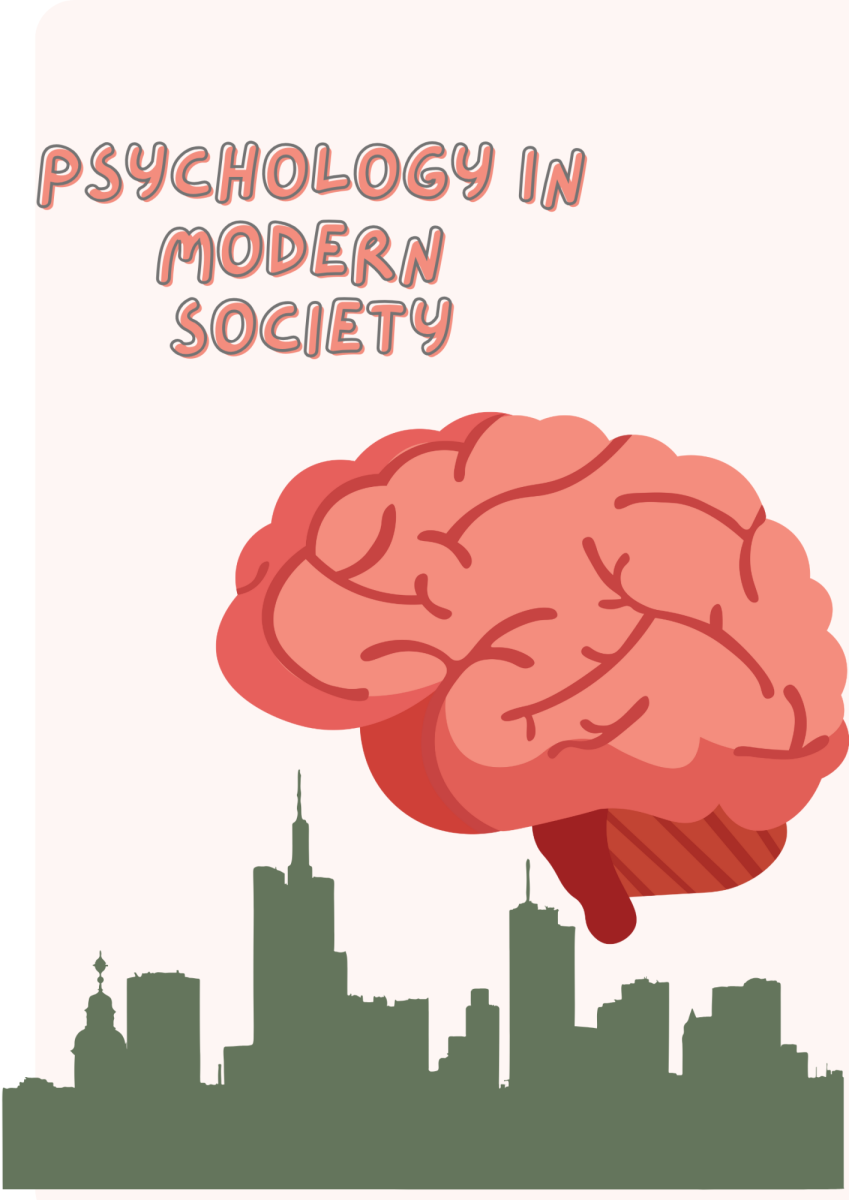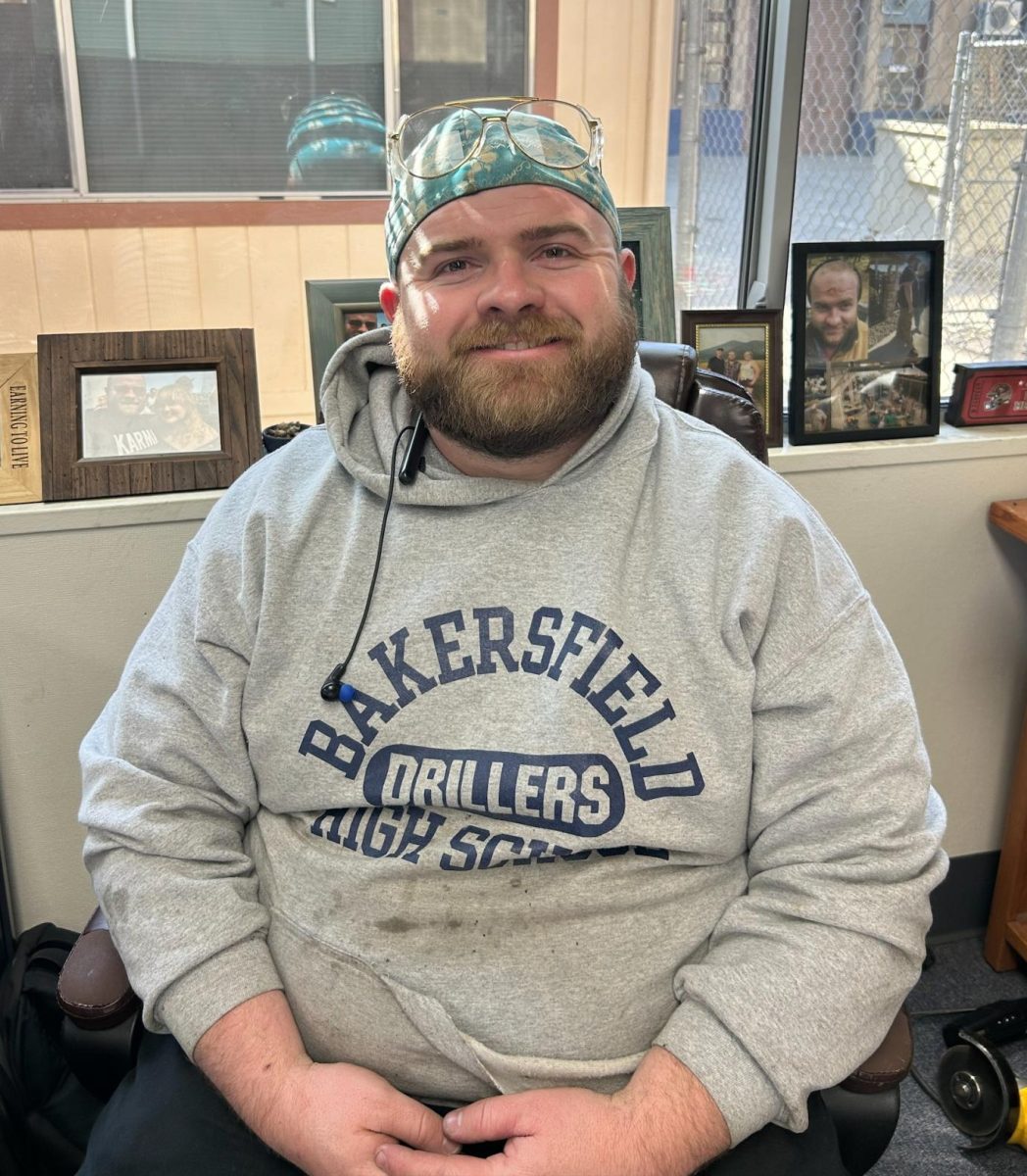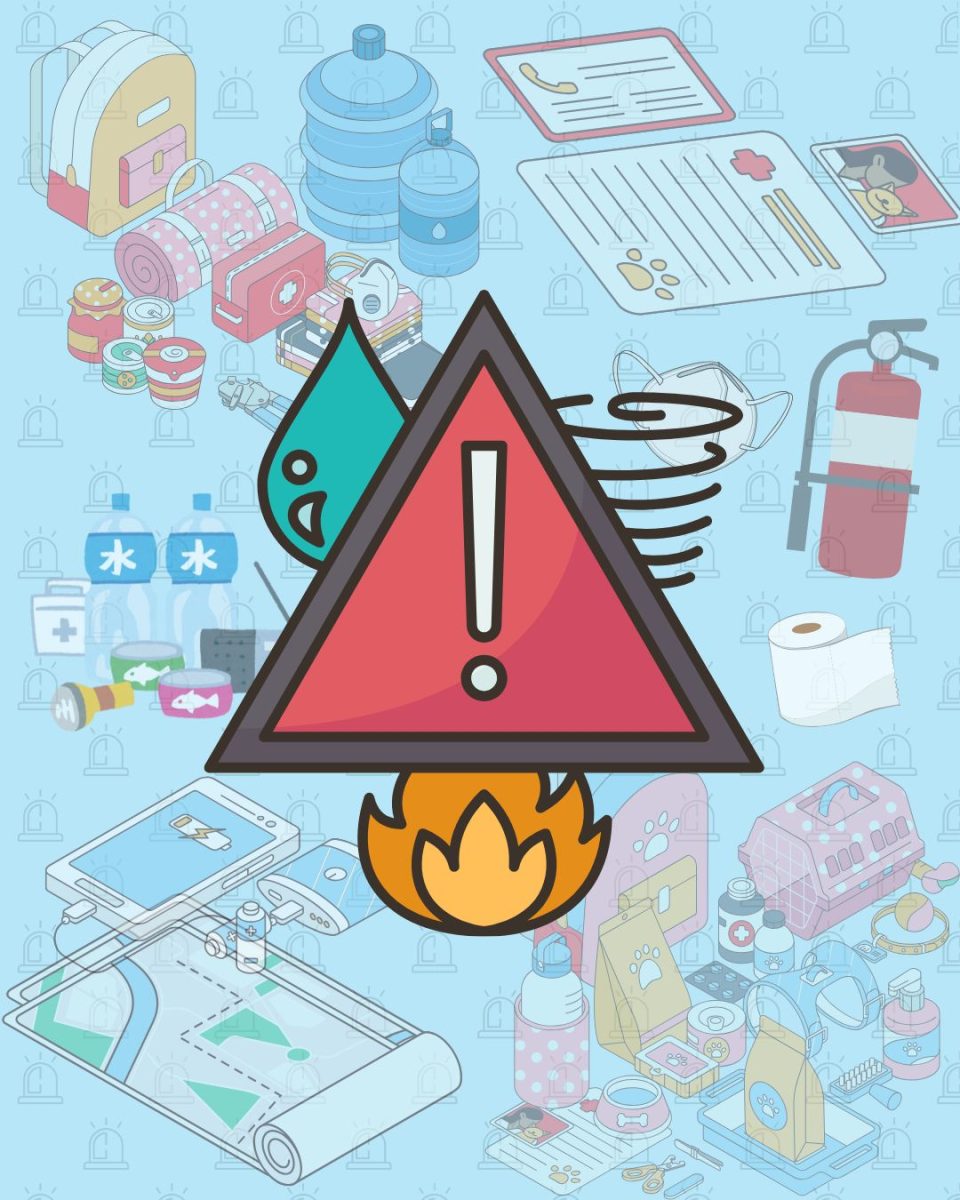What Is Psychology?
The word psychology comes from the two Greek words “psyche” meaning breathe, principle of life, soul, and “logia” meaning speech, words, and reasons.
Psychologists study mental processes, brain functions, and behavior; most psychologists focus on human psychology specifically. Psychology as a profession focuses on understanding mental health, mental illness, and the inner workings of the mind.
Eight types of psychology include abnormal, biopsychology, cognitive, developmental, forensic, industrial-organizational, personality, and social psychology. While animal psychology does exist, it is a less commonly studied branch of psychology. Each type of psychologist focuses on a different type of people and for different purposes.
The History Of Psychology
Psychology has existed since the ancient civilizations in Egypt and Greece. It was primarily considered a branch of philosophy, but it broke out as an independent branch of scientific study between the mid-1800s and 20th century.
German psychologist Wilhelm Wundt was the first person to open an institute for Experimental Psychology at the University of Leipzig in Germany in 1879. He separated psychology from philosophy by the works of the mind in a more structured way with measurement and control.
Stanley Hall, a student of Wilhelm Wundt, later established the first psychology laboratory in the United States at Johns Hopkins University in Baltimore, Maryland.
Psychology Today
In today’s world, psychology has taken a more visible position in society. Psychologists have stronger ideas and more hypotheses of why people and animals behave the way they do. They are also using this knowledge to help people improve their decision-making, stress management, and understanding individuals’ past behavior to guide future behaviors toward living a successful life.
Psychologists work in a wide variety of industries; some of the fields they work in include education, criminal justice, marketing, and politics. Almost any industry that works with humans utilizes psychologists for future development.
The most common issues people need help with are depression, relationships, anger, mental health, stress, and anxiety.
Every year about 17% of American teens see a therapist or another specific professional. In 2019, 16.8% of teens from the ages of 12-17 had received any mental health treatment for the past 12 months, compared to 10.8% of children from the ages of 5-11 years. In 2020, about 30% of American Adults have seen a therapist; in 2021, about 42 million people have received treatment or counseling for their mental health My Denver Therapy writes.
The study of psychology has grown in popularity so much that most colleges, as well as many high schools, offer courses for students to study for professional or self-fulfillment purposes.
Taking psychology courses, such as those offered at local high schools or colleges, is a great way to learn more about human nature; it is also beneficial information for people who are thinking of becoming a psychologist or any other therapy-related professional path. These courses may cover research methods, brain function, social relationships, learning and memory, development, personalities, and more.
High schools are most commonly offering introductory psychology courses, often for AP or dual-enrollment credit toward their college degrees. Some high schools and universities may offer specialized psychology courses, such as adolescent psychology, developmental psychology, social psychology, and sports psychology.
Within the Kern High School District, psychology classes are still reportedly offered at campuses including Highland, North, Liberty, and Ridgeview High School. Bakersfield High School previously offered psychology classes as well; it is unclear when, or if, this course will be offered again at BHS.
Resources
If you or a loved one are experiencing a mental health crisis, including but not limited to thoughts of harming yourself or others, please utilize local resources. These can include
- Dialing 911 if there is an immediate threat
- Talking to a counselor or other staff member on campus
- Dialing 988 or using the 988 digital chat.
Contact the Kern County Behavioral and Recovery Health at 1-661-868-8200, or by dialling 988. You can find more information here.








